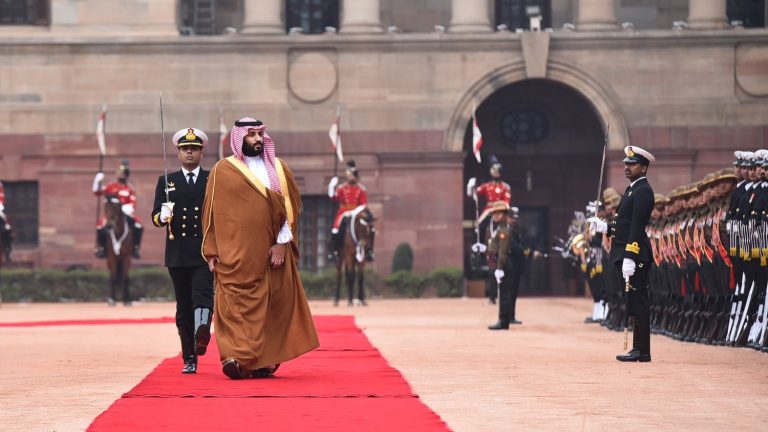
[ad_1]

Many of these revolutionary changes occurred amid the 2016 unveiling of “Saudi Vision 2030,” a plan for complete Saudi political, economic, educational and cultural transformation. MBS believes that this will meet the demands of Saudis under the age of 30 – who number more than 60% of the kingdom’s population.
The religious curriculum shaped by King Faisal is gone, replaced with a “Saudi first” education, which removes Ibn abd al-Wahhab, the founder of Wahhabism, from textbooks and emphasizes Saudi patriotism over a Wahhabi Islamic religious identity. Saudi Arabia has announced it will no longer fund mosques and Wahhabi educational institutions in other countries.
Saudi religious police, once tasked with upholding public morality, saw their powers curtailed. They no longer have powers of investigation or arrest. They cannot punish behaviors deemed morally inappropriate.
Critics remain unimpressed, noting that demoting religious officials does not diminish the violence of the Saudi state. Religious police continue their online surveillance of social media. In 2018, Jamal Khashoggi, a Saudi journalist, was killed following his calls for a continued voice for Islamist reformers in Saudi Arabia. Al-Rasheed argues that the images of a new Saudi society conceal suppression of Saudi reformers. Some observers note that a growing Saudi “surveillance state,” with capacities to peek into the private lives of Saudis, underwrites these reforms.
As Peter Mandaville, a scholar of international affairs, observes, the “moderate Islam” offered by MBS is complicated. On the one hand, it characterizes a new tolerant Saudi Arabian Islam. Yet, inside the kingdom, Mandaville argues that the “moderate Islam” of MBS demands that Saudi youth – as good Muslims – will submit to the authority of the monarchy over the kingdom’s affairs.
Some observers believe this might not be enough. Mohammad Fadel, a professor of Islamic legal history, argues that the current configuration of the Saudi monarchy is incompatible with “the kind of independent thought the crown prince is calling for in matters of religion.” Saudi society will flourish, he adds, “when Prince Mohammed recognizes the right of Muslims to rule themselves politically.”
With these reforms to Wahhabism, MBS hopes to secure the loyalty of a generation of young Saudis. As Saudi history would indicate, however, such a bargain requires constant renegotiation and renewal.
This piece is republished from The Conversation.
[ad_2]
Source link